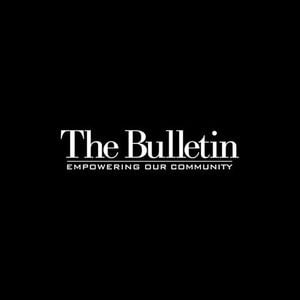Warnings are now echoing throughout Germany as the popularity of Dubai chocolate, especially favored during the holiday season, faces scrutiny from food safety authorities. Investigations have uncovered concerning levels of contamination and health hazards associated with various samples of this trendy confectionery.
According to reports, the Ministry for Nutrition and Consumer Protection of Baden-Württemberg has initiated rigorous examinations following troubling findings. “From fraud to health hazards, everything was found in the first import samples of 'Dubai chocolate'. Where 'Dubai chocolate' is labeled, there must also be real chocolate with high-quality ingredients without alterations or contamination,” declared Peter Hauk, the state’s minister, highlighting the gravity of the situation.
The investigations revealed significant contamination levels across all eight samples tested, including harmful substances such as foreign fats and artificial dyes. Particularly alarming was the discovery of mycotoxins—specifically Aflatoxins—in some samples, which pose severe health risks. Five samples sourced from manufacturers based in the United Arab Emirates contained palm oil instead of real chocolate, representing clear consumer deception.
These disturbing results have prompted immediate action. Minister Hauk stated, “The results are very concerning and have prompted us to start a nationwide special program to examine the offerings of Dubai chocolate.” This initiative aims to assess chocolate products marketed across multiple German states to avert potential health risks to consumers.
Meanwhile, chocolate sourced from Turkey was also under scrutiny, as taste tests revealed labeling inadequacies. The officials noted both missing allergen disclosures and insufficient nutritional information on packaging, which could mislead consumers. “Some samples had undeclared sesame, which can be dangerous for those with allergies,” warned Hauk.
The current trend of Dubai chocolate has surged among festive treat seekers. Market stalls and stores everywhere are peddling varieties filled with luxurious ingredients like pistachio cream and angel hair, but recent studies suggest the need for caution. The popularity of this trend, coupled with the scrutiny it now faces, raises questions about the integrity of the rapidly growing market.
Despite the recent findings, there may still be hope for quality products. German health authorities are taking additional steps to encourage compliance among importers, emphasizing the importance of delivering safe goods. Hauk reiterated, “I appeal to the importers to fulfill their duty of care and to assure only flawless goods enter the market—both concerning health and the prevention of deception.”
It is expected the initiatives undertaken will expand across the European Union for thorough assessments of imported products. Local production may also come under the microscope, with the intent to safeguard consumers from potentially hazardous goods and misleading labels.
With the holiday treats season underway, consumers are urged to remain vigilant. The rising excitement around Dubai chocolate should not overshadow health safety and quality assurance—two pivotal aspects to keep at the forefront as this trend continues to evolve. The food safety and consumer protection efforts underway are intended to rebuild trust and minimize risks associated with products on the market.
The investigations serve as a stark reminder of the importance of maintaining high standards within food products—especially those basked under the allure of foreign luxuries. The outcome of these investigations could shape the regulatory framework for imported chocolates, encouraging accountability and transparency among suppliers.
This call for reform underlines the need to uphold consumer rights against deceptive practices within the food industry. Allowing only safe, authentic products to grace the shelves is not just the responsibility of the manufacturers and suppliers but also aligns with the rights and expectations of consumers who seek quality and safety above all.



